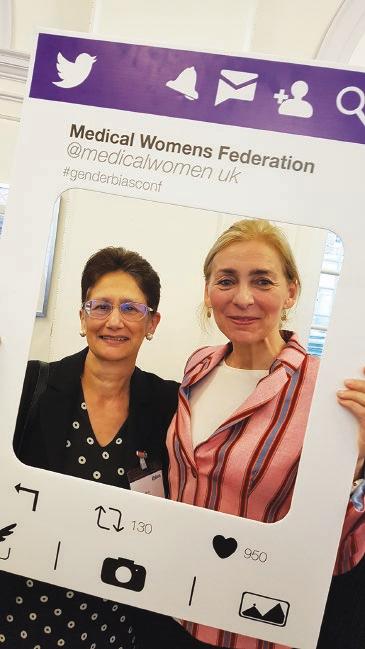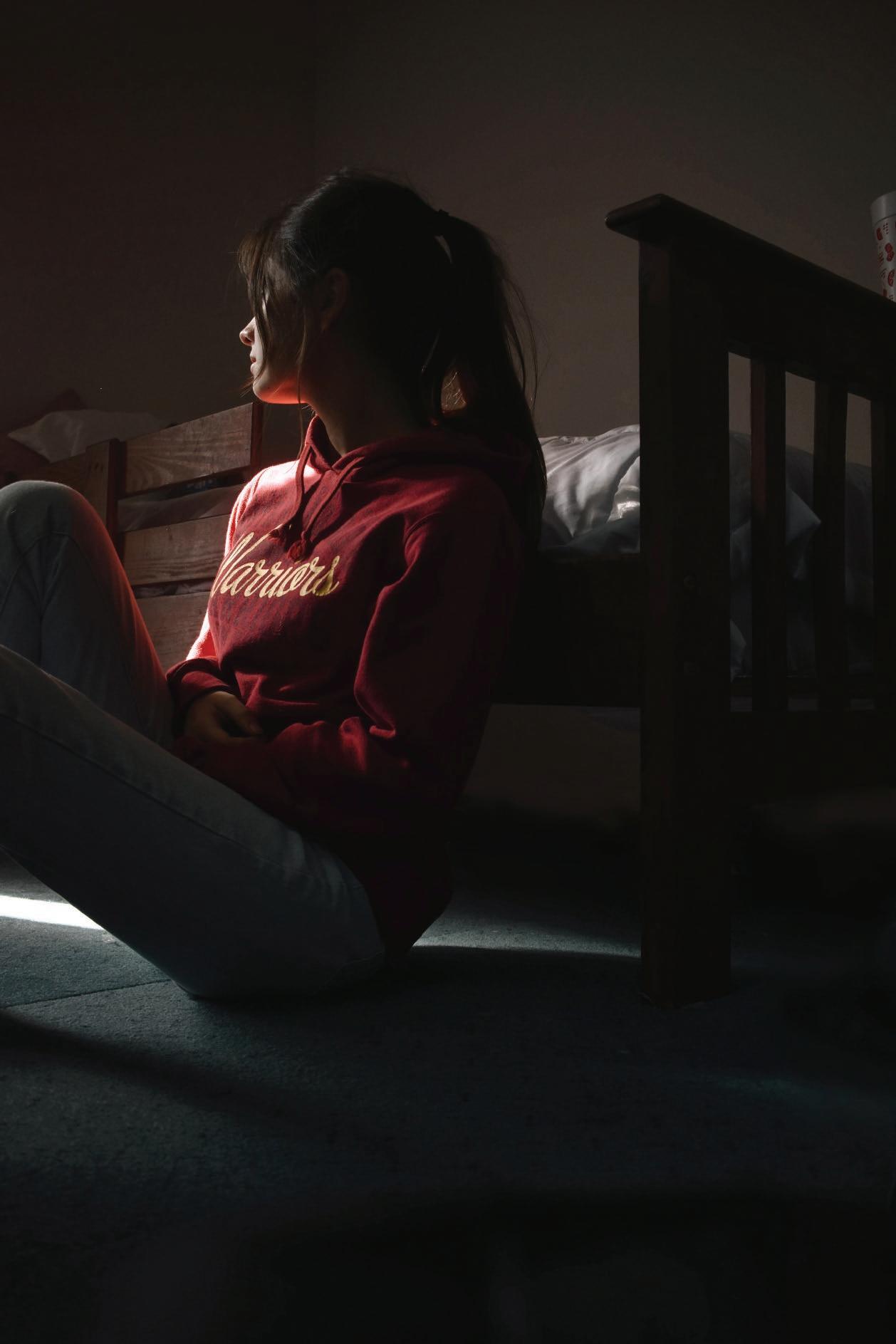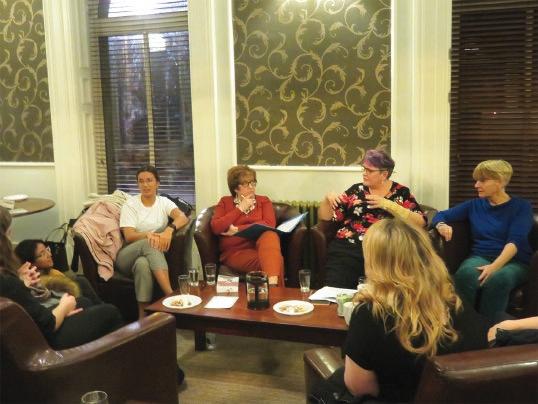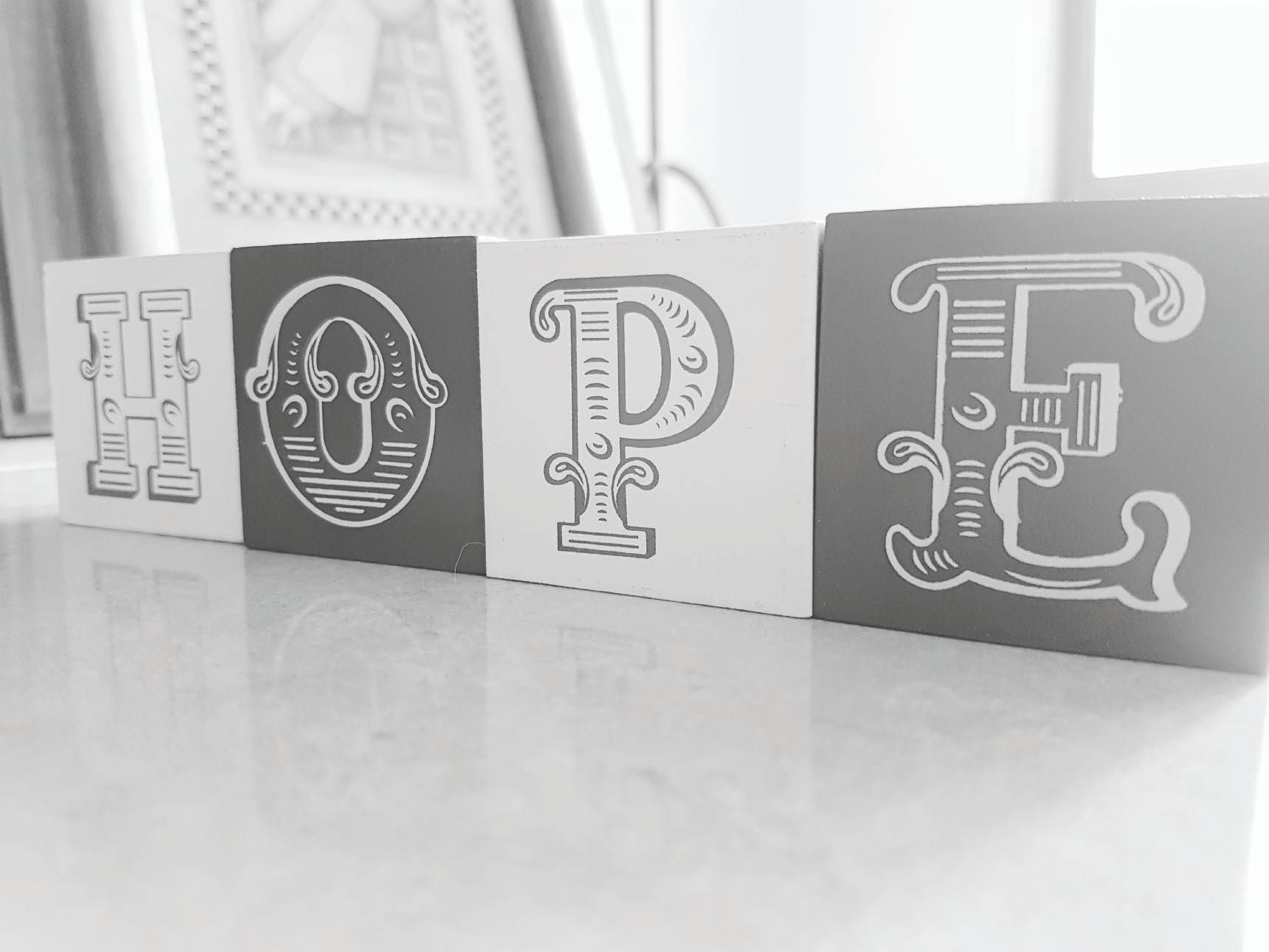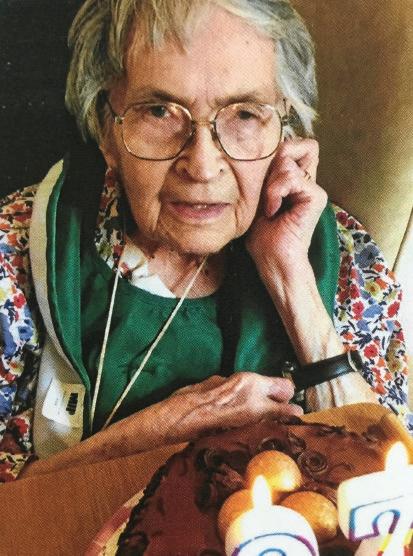
4 minute read
Career Planning: Ophthalmology
Eye Spy: a day in the life of an Ophthalmologist
Rashmi Mathew qualified with a distinction from Guy’s Kings and St Thomas’ school of Medicine in 2003. She completed her 2 year fellowship at Moorfields Eye Hospital in 2013 and joined the Glaucoma Consultant Faculty in 2013. She is also the Deputy Director for Undergraduate Education and Resident Leadership Training Lead at Moorfields Eye Hospital. She is an Honorary Clinical Senior Lecturer at the Centre for Medical Education, Barts and The London School of Medicine and Dentistry.
Can you tell us a bit about yourself? I am a Consultant Ophthalmologist, with a subspecialty interest in glaucoma. I completed my ophthalmic training in 2011 and then did a double fellowship in glaucoma at Moorfields Eye Hospital. I have two young children, whom I had after becoming a Consultant. I enjoy running, cycling, as well as sketching.
Why did you decide to do ophthalmology? It was just at a point when I thought I might quit my degree in medicine, that I stumbled across Ophthalmology during my third year clinical placement. It instantly appealed to me, the finesse work, the technical challenge of doing microsurgery and every ophthalmologist I met seemed happy. I still remember watching cataract surgery on the TV screen, as I was observing in theatres and just couldn’t believe what I was seeing. I had never seen anything like it. It was at that moment – without even a shadow of a doubt, I knew I wanted to be an ophthalmologist. It was only later that I would discover that it was also intellectually challenging, rewarding and as a bonus – a very clean specialty (no vomit, pee or poo, unless you were very unlucky). It is also remarkably varied and there are nine subspecialties within ophthalmology, so there is generally something to suit everyone.
Describe a typical day as an Ophthalmologist? I am a glaucoma and cataract Surgeon and as Ophthalmologists we are outpatient based. A typical day might be split between clinic and the operating theatre. On the morning of my clinic, my team and I go through all the clinic notes and request necessary tests for patients, to help with clinic flow. We then do a brief with the entire team, so everyone understands the plan of action and we try and mitigate problems early. The clinic is fast-paced, and I shift between supervising my trainees and seeing patients. We do a lot of procedures for our post-op patients in the outpatient setting – these can be injections in and around the eye, removing stitches and even trying to free up scar tissue at the surgical site. In the afternoon for my operating list, I do a pre-operative ward round prior to operating. We again do a team brief with the entire team, prior to commencing the list. I always have trainees with me, and it is one of the joys of my job – surgical training. We video all the cases and I spend time debriefing with my trainees after the list.
What do you enjoy most about being an Ophthalmologist? Ophthalmology is a very rewarding specialty and particularly as glaucoma is a long-term condition, I build long-standing relationships with my patients and I am able to provide continuity of care. This is something very important to me and my patients. Many of my patients still remember when my children were born and always ask after them. Things are always changing in ophthalmology, surgical procedures, new technology, novel ways of working and so I enjoy the fact that I am always learning. For example, just before Christmas I had some wet-lab training to learn to how to insert a new surgical device into Schlemm’s canal in the drainage angle. One of the great things about my role, is that I have been able to combine it with my love of education. I had never thought of combining education with my clinical role as a consultant, but I was fortunate that those around me recognised this in me and I am able to do this as a Consultant, with formal education sessions in my timetable. My education role has allowed me to work closely with universities and meet lots of people outside of ophthalmology. I am enjoying it so much, I am even doing a Masters in Medical Education at present.
What are the challenges in your chosen career path? Ophthalmology is notorious for being a competitive specialty and I think it helps if you know early on that you would like to do it, in order to be able to build your CV in time for the Specialty Training national recruitment process. As a surgical specialty, it is very female friendly, and we have a high proportion of women in ophthalmology – which is great. In terms of the actual specialty, you are dealing with the most precious of all senses and this is not something any of us take lightly. Patients can naturally be quite anxious, particularly if they have to undergo surgery. And, when something goes wrong, the result can be catastrophic.
What advice would you give medical students and trainees deciding on their future specialty? My advice is to of course do a specialty that you enjoy, but also have another string to your bow. I always advise trainees to think about combing your clinical specialty with education, research, management for example, to keep things fresh, varied and challenging.

